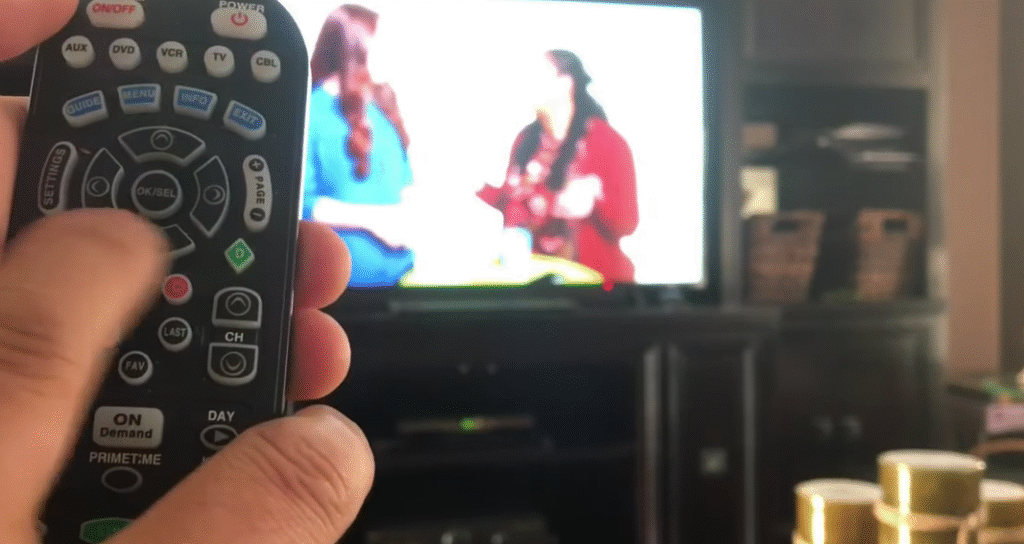Due to consumer claims that Spectrum Cable’s Broadcast TV Surcharge is not only deceptive but also incredibly successful at inflating corporate profits, the company has been at the center of an expanding class action lawsuit in recent months. Richard Wookey, the plaintiff in the case, uncovered a billing strategy that might have greatly boosted revenue for Spectrum’s parent company, Charter Communications, while subtly undermining customer confidence.
The lawsuit, which was filed in federal court in Kentucky, alleges that Spectrum concealed the surcharge as a pass-through fee required by the government when, in reality, it was a profit-driven addition that was completely under its control. Spectrum has reportedly been able to advertise misleadingly low service rates while collecting up to $28 more per customer each month by labeling the charge as though it were externally imposed.
Wookey’s legal team has made the case through calculated court filings that this surcharge, if it were actually passed on to local broadcasters, would amount to more than $334 million a year; this amount appears to be especially exaggerated when compared to the estimated costs of retransmission. The disparity highlights what lawyers refer to as “systematic misrepresentation” and poses significant queries regarding billing transparency throughout the cable sector.
Case Summary Table
| Field | Details |
|---|---|
| Defendant | Charter Communications Inc. (d/b/a Spectrum Cable) |
| Lead Plaintiff | Richard Wookey (Kentucky) |
| Lawsuit Filed | U.S. District Court for the Western District of Kentucky |
| Case Number | 3:25-cv-00408-RGJ |
| Fee Under Scrutiny | Broadcast TV Surcharge (approximately $28 per month) |
| Allegations | Misleading marketing, deceptive pricing, unjust enrichment |
| Applicable Law | Kentucky Consumer Protection Act + federal regulations |
| Potential Class Size | Thousands of Spectrum subscribers across Kentucky and beyond |
| Spectrum’s Response | Company has declined to comment publicly on ongoing litigation |
| Reference Link | www.topclassactions.com/lawsuit-news/spectrum-cable-lawsuit |

The actual cost of service was concealed in the fine print for a large number of subscribers. Spectrum was able to appear significantly more competitive than it actually was because broadcast TV surcharges were not explicitly mentioned in advertisements or upfront pricing. Unaware of these additional costs, customers frequently didn’t realize the full cost until they received their first bill. Wookey’s legal team claims that this strategy is a clear violation of state and federal consumer protection laws that demand full price disclosure.
Affected customers have started to mobilize by working with legal experts and pushing the case through media outlets. The class action lawsuit has already attracted thousands of participants, indicating a wider call for accountability in a sector that is frequently criticized for its lack of transparency. The case’s quick development is reminiscent of past court cases involving firms like Comcast and AT&T, which were also criticized for billing practices that were later found to be dishonest or anti-consumer.
This lawsuit comes at a time when providers are coming under more scrutiny in light of consumers’ shifting media consumption habits, which are shifting away from traditional cable and toward streaming services. Disney recently reached a settlement in a class action lawsuit related to the way ESPN was included in its streaming services, demonstrating how even the biggest media companies are facing pressure to provide more transparent billing practices.
Customers like Louisville’s longtime Spectrum subscriber, Jonathan Wells, saw the fee as more than just an annoyance; it represented a breach of confidence. Wells noticed the enigmatic charge and started looking into it. His conclusions, which are now in the public domain, claim that there is no link between the fee and governmental regulation. He contends that Spectrum inflated earnings under the pretense of legality by using that narrative as a smokescreen.
The legal team has created a more comprehensive picture of corporate conduct that may not be limited to Spectrum by combining the complaints of several plaintiffs. Lawyers point out that comparable surcharges are subtly included in bills from other cable companies, which could lead to industry-wide reform if the case results in a major decision or settlement.
More than 3,000 people have indicated interest in joining the lawsuit, according to recent hearings. The way cable companies draft their bills in the future may be significantly impacted by this wave of support. Courts may order millions of customers to be reimbursed if the surcharge is found to be deceptive; this could cost Spectrum hundreds of millions in back charges and legal fees.
Spectrum has refrained from commenting on the ongoing litigation in the interim. Analysts, however, think the business is keeping a careful eye on the development of public opinion and legal pressure. The timing is crucial: trust and transparency have become especially important factors in retaining customers as consumers grow more cost conscious and alternatives like YouTube TV, Netflix, and Sling gain traction.
The case keeps expanding thanks to a very successful application of legal strategy and public momentum. The attorneys involved have urged clients to carefully review their billing history and pledged to provide frequent updates. Customers can stay informed and possibly join the lawsuit if they have been impacted by using websites such as ClassAction.org and Top Class Actions.
This lawsuit could be a sign of change in the months to come. The ramifications may extend beyond cable to other subscription-based industries as courts consider whether businesses can disguise profit-driven charges as pass-through fees. Companies have had comparatively unrestricted access to hidden fees over the last ten years. That time may now be coming to an end.

